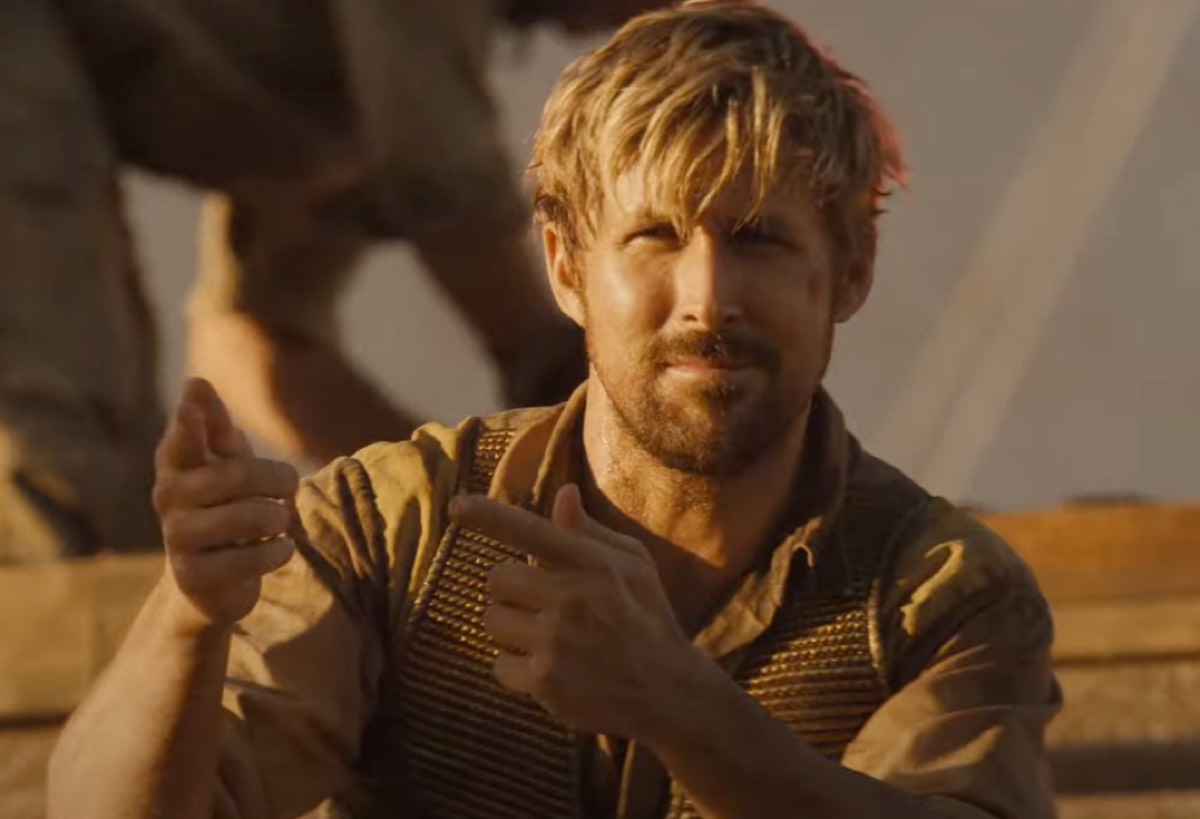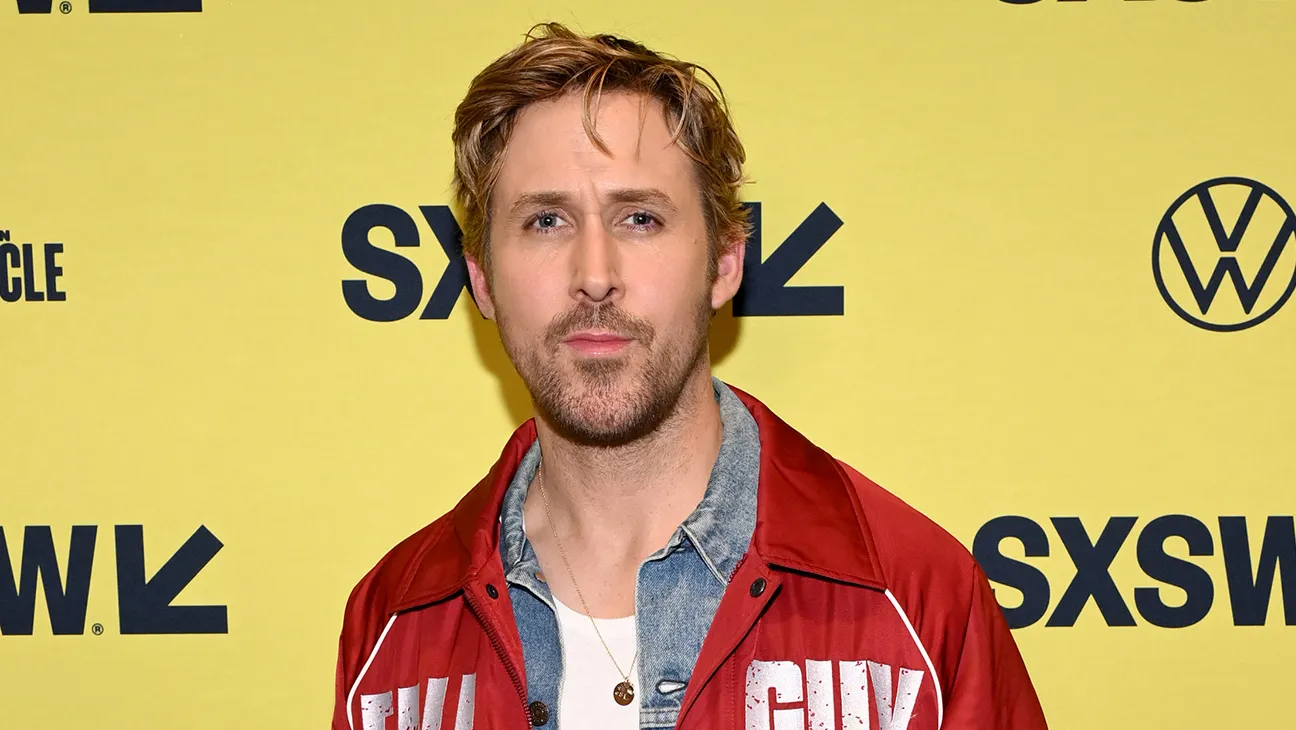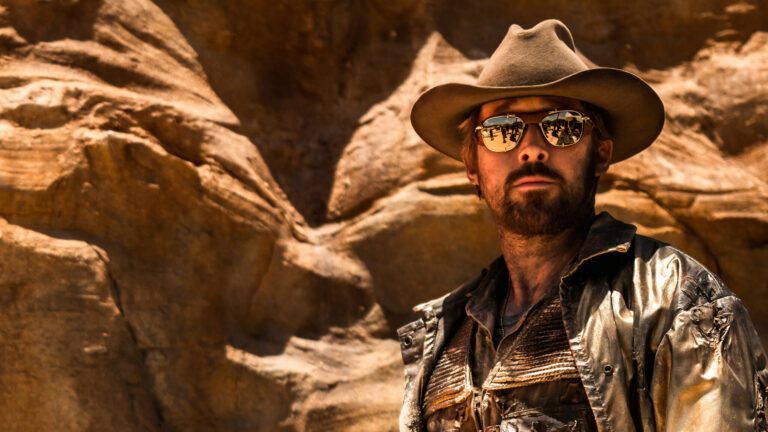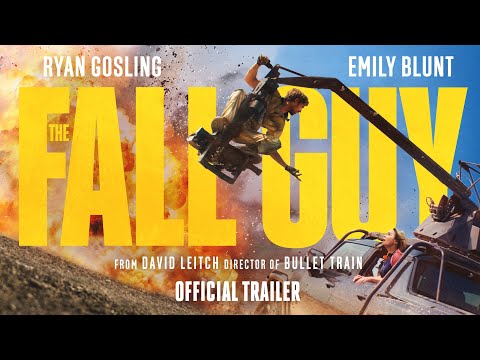In what seems like a recurring theme in his career, Ryan Gosling finds himself in familiar territory with the disappointing box office performance of his latest venture, The Fall Guy. Teaming up with Emily Blunt, this dynamic duo was expected to draw massive audiences with their compelling performances and an intriguing plot. Despite the star-studded cast and a budget of $140 million, the film’s profits have hovered around a mere $30 million, with projections barely scraping the $160-180 million mark—a figure alarmingly low for such high-caliber talent.

A Tale of Two Movies: Echoes of “The Nice Guys”
Gosling’s portrayal of Colt Seavers, an ex-stuntman thrown back into the fray, mirrors his role from eight years ago in The Nice Guys. In both films, Gosling delivers performances that resonate with critics and a segment of the audience, yet fail to achieve expected commercial success. The Nice Guys, which featured Gosling alongside Russell Crowe in a comedic yet thrilling ride through 1970s Los Angeles, suffered a similar fate. Despite rave reviews, it pulled in only $62 million against its $50 million budget.

The Critical Success Yet Commercial Flop: A Film Industry Paradox
The Fall Guy, like its spiritual predecessor, received outstanding early reviews. Critics praised the film for its fresh take on the stuntman’s narrative and its gripping storyline, infused with action and suspense. The chemistry between Gosling and Blunt was also highlighted as a key element of the film’s appeal, as they played characters intertwined in a dark and mysterious Hollywood saga.
https://twitter.com/ryangosnat/status/1789681264770810089
Despite these strengths, audience turnout has been underwhelming. The film’s brief theatrical run, spanning only a couple of weeks, has left both fans and filmmakers disheartened. Social media has been abuzz with discussions on the need for better support for movies that offer more than just mainstream appeal. Fans of The Fall Guy express dismay over its fate, arguing it deserved much more recognition and a longer stint in cinemas.
Industry Implications and Audience Disconnect
This pattern of audience apathy towards seemingly high-quality films raises questions about current cinematic tastes and the marketing strategies employed by studios. The Fall Guy’s lackluster reception may reflect a broader trend where even A-list actors and a solid storyline are not enough to guarantee box office success. This has sparked debate among movie enthusiasts and critics alike about the evolving preferences of movie-goers and the future of films that dare to differ from the conventional blockbuster model.

As Gosling and Blunt move forward with their respective careers, the industry watches closely to see if this trend will shift. The hope is that quality cinema finds its audience and that films like The Fall Guy and The Nice Guys are eventually recognized not just for their artistic merit but also for their commercial potential. Until then, Gosling’s journey through Hollywood’s peaks and troughs continues, as does the dialogue about what makes a film truly successful in today’s rapidly changing entertainment landscape.

